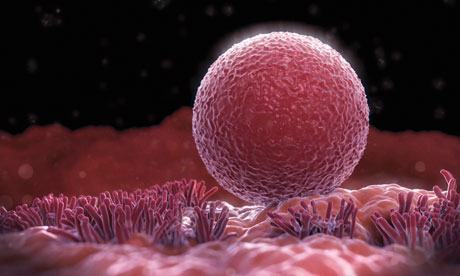
Egg and sperm donors could soon be in for a pay rise. On Wednesday, the Human Fertilisation and Embryology Authority (HFEA) will decide on an increase in their compensation. While it is illegal to pay for eggs or sperm, donors are offered £61.28 in loss of earnings for each full day, and up to £250 per course or cycle of donation, plus travel expenses.
But experts feel these modest payments may be holding potential donors back at a time of real shortage. To counteract this, an HFEA report suggests giving egg donors £750 a time – as they do in Spain – while adopting the Danish system of £35 per donation for men. Over a donation course this could net at least £450. But before you rush to the local clinic to cash in, be warned this extra money reflects the fact that there is much more to donation than most people think.
According to Laura Witjens of the National Gamete Donation Trust, women must undergo a series of tests to donate their eggs (including psychological and blood pressure), before being given courses of hormones to suppress their menstrual cycle and then stimulate the growth and maturation of eggs. The eggs are then harvested under either general or local anaesthetic, through a needle injected into the vagina.
Meanwhile, the idea that men are sent off into a room with a magazine and cup is pretty far off the mark. Blood samples are taken, sperm is tested and donors will then be asked to attend the clinic once or twice a week for three to four months (abstaining from sex and alcohol for three to five days before each visit). After six months, donors are tested once more to make sure they have not contracted infections in the intervening period that would make their samples unusable.
Then there is the fact that any child created from donor sperm or eggs now has the right to know the identity of donors. With all this involved, it's a wonder the price is not much higher, but as Witjens says, money is far from the point for donors: "People do this through the kindness of their hearts to help others."







